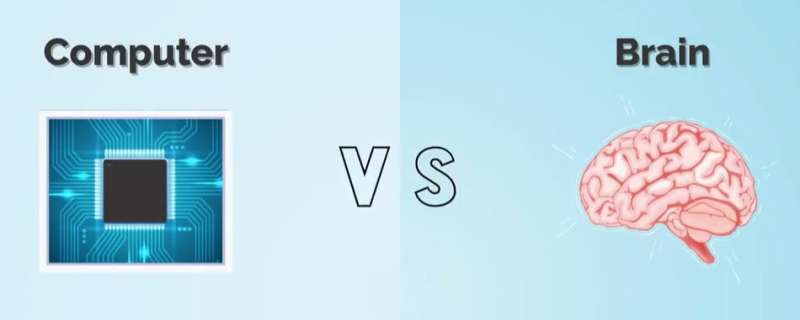Biological components are less reliable than electrical ones, and rather than instantaneously receive the incoming signals, the signals arrive with a variety of delays. This forces the brain to cope with said delays by having each neuron integrate the incoming signals over time and fire afterwards, as well as using a population of neurons, instead of one, to overcome neuronal cells that temporarily don’t fire.
It seems like delays are nothing but an unavoidable disadvantage, slowing the brain and reducing its efficiency, but could delays actually be a benefit to brain learning?
In a new study published in the journal Physica A: Statistical Mechanics and its Applications, scientists from Bar-Ilan University’s Department of Physics and Gonda (Goldschmied) Multidisciplinary Brain Research Center have answered the question with a resounding “yes.”
The team, led by Prof. Ido Kanter, has discovered how delays actually open the way for more efficient and flexible learning without changing the architecture.
“The great benefit of having a system with delays is that the dynamics of the brain can use the delays as an advantage,” said Prof. Kanter. “In artificial neural networks, each object needs its own output unit to be recognized, whereas the brain can use one neuronal output, where its activity as a function of time differentiates between different objects. Essentially, one could say that the brain uses time to learn and the computer uses space.”
“This makes the brain much more modular to changes without requiring a change in architecture,” said Yarden Tzach, a leading Ph.D. student in the lab. “Learning new objects doesn’t require a different architecture, rather just learning a signal at an additional output time. This also allows recognition of a combination of objects. Let’s say a picture of a horse can be recognized at a certain time, a picture of a person at another, but a person riding a horse can be recognized at some intermediate time in between.”
This new discovery can shed light on how a biological mechanism that was thought to be an obstacle can actually greatly benefit the learning dynamics of the brain, even surpassing machine learning. Using this new understanding can pave the path for better, faster and more complex artificial learning systems.
More information:
Yuval Meir et al, Role of Delay in Brain Dynamics, Physica A: Statistical Mechanics and its Applications (2024). DOI: 10.1016/j.physa.2024.130166
Provided by
Bar-Ilan University
Citation:
Brain delays could be a computational advantage, researchers say (2024, October 15)
retrieved 16 October 2024
from https://phys.org/news/2024-10-brain-delays-advantage.html
This document is subject to copyright. Apart from any fair dealing for the purpose of private study or research, no
part may be reproduced without the written permission. The content is provided for information purposes only.

